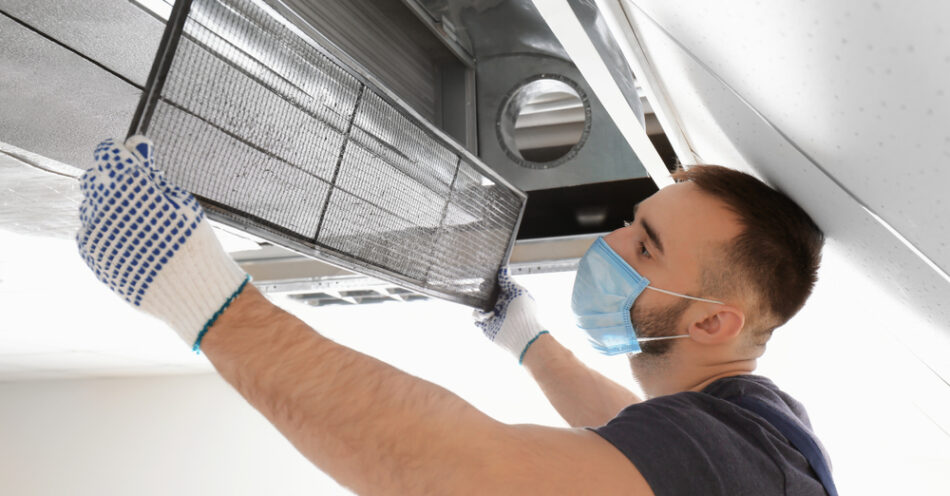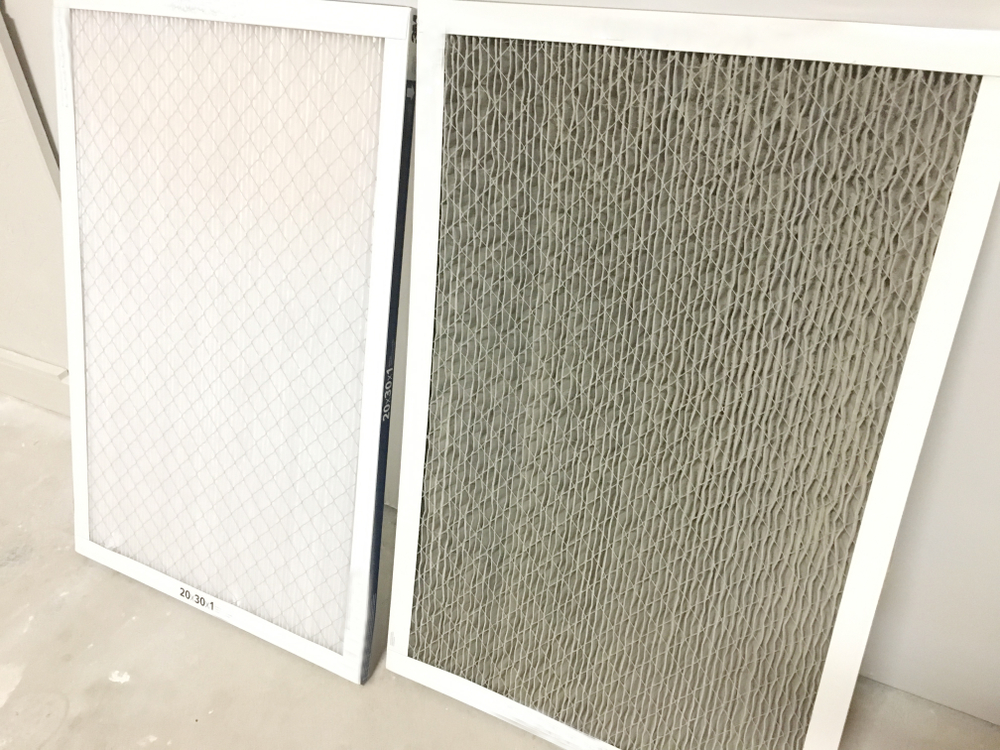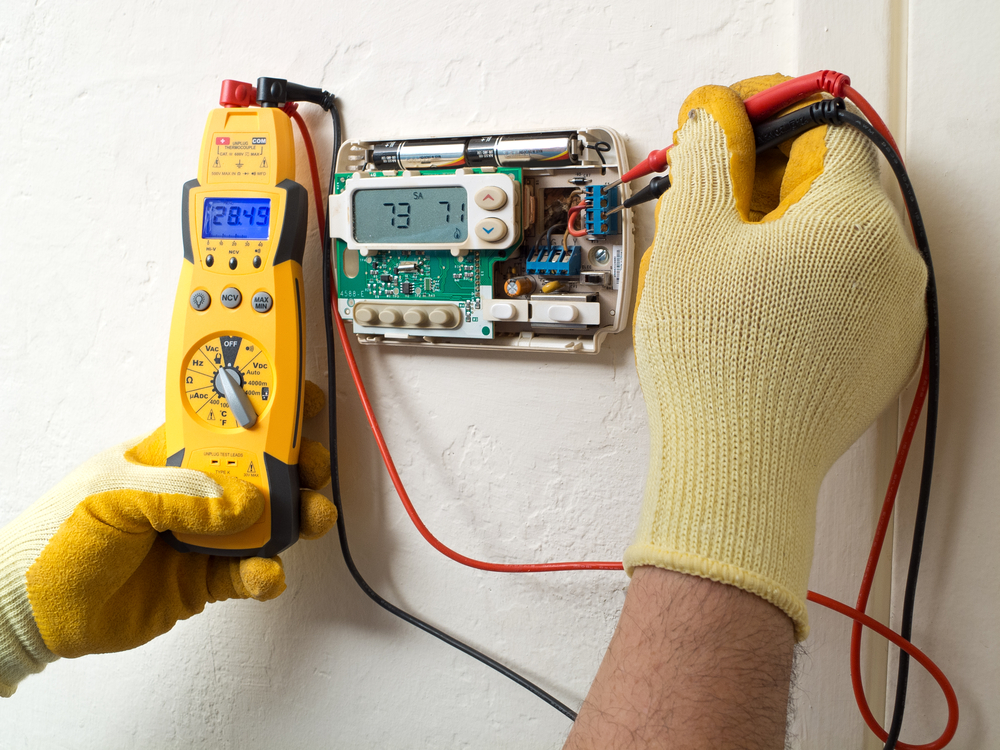
It’s official: El Niño is on its way. This means Melbournians are in for a long, hot and dry summer. In light of this, it’s important to guard ourselves against the sweltering heat approaching. A key factor in this is our air conditioning system, which, when functioning optimally, can turn our homes into a cool place to escape to. However, this effectiveness can be hampered if we neglect the regular maintenance of our units.
Why is pre-summer maintenance vital, you may ask? And what is involved? Let’s delve deeper into this topic.
The importance of pre-summer maintenance for your air conditioning system cannot be understated. The last thing you want on a hot summer day is an air conditioning system that’s on the fritz. Regular maintenance is not just about comfort, it’s about ensuring that your air conditioning system operates efficiently and effectively when you need it most.
But how does regular maintenance help? Over time, dust and debris accumulate on critical components of your air conditioning unit like the air filters and condenser coils, forcing your system to work harder. This additional strain not only reduces efficiency, but also increases energy consumption and amplifies wear and tear, leading to potential breakdowns. Regular maintenance helps to mitigate these issues, keeping your system in peak condition and reducing the likelihood of unwelcome surprises during the height of summer.
What about the economic aspect of regular maintenance? Is it worth it? In short, yes. While regular maintenance might seem like an added expense, it’s a proactive investment that pays real dividends in the long run. First, increasing the lifespan of your unit ultimately saves you from the hefty costs of premature replacements. Additionally, by reducing energy consumption, it trims down your utility bills. Lastly, an efficiently running system is less prone to breakdowns, which once again saves you from exorbitant repair costs.

Air filters are designed to trap dust, debris, and other airborne particles that can compromise your indoor air quality and your system’s efficiency. Over time, this material builds up and can create a barrier that your system has to work harder to overcome. This extra effort can lead to increased energy consumption, lower cooling efficiency, and a potential reduction in the lifespan of your unit.
Luckily, cleaning or replacing your air filters is a straightforward process. Start by turning off your system to make sure it is safe to handle. Next, locate the air filter – this will usually be found along the return duct. Carefully remove the filter and check its condition. If it’s caked in dust and debris, it’s time to give it a good clean! Use a soft brush or a vacuum with a brush attachment to gently clean the filter. Some filters can even be hosed off and left to air dry, if that’s your preference. We should also note that a few types of filters cannot be cleaned and will need to be replaced instead.
When you’re putting your filter back in or replacing it, make sure to install the new filter in the correct direction – an arrow on the filter’s edge will guide you.
Not sure if your air filters need cleaning? There are a few signs of a struggling air filter. These may include reduced air flow, increased dust levels in your home, or a sudden spike in your energy bills.
The heart of your air conditioner lies within its cooling component—the condenser unit. Inside there are condenser coils, which play a pivotal role in transferring heat from your home to the outdoor environment through the outdoor unit, ensuring a cool and comfortable indoor atmosphere. Over time, these condenser coils can be subjected to a build-up of dust, dirt, and grime.
The problem with dirty condenser coils is that they create an insulating layer that impedes the heat transfer process. This obstruction forces your air conditioning system to work overtime, trying to compensate for the loss in efficiency. This extra exertion increases wear and tear on the system, shortening its lifespan and leading to potential breakdowns. An overworked system also consumes more energy, resulting in higher utility bills—definitely not ideal!
So, how often should you have your condenser unit and coils cleaned? The frequency of cleaning depends on various factors, such as the location of your home, the amount of dust in your environment, and the usage pattern of your air conditioning unit. As a general rule, it is advisable to have your condenser coils cleaned at the start of summer—ensuring your system is primed for cooling.
While it might be tempting to do this maintenance yourself, cleaning condenser coils is a task best left to the professionals. Why? This process involves delicate parts and can potentially cause damage if not done correctly. Professionals have the right tools, training, and safety measures in place to perform this task efficiently and safely.
However, there are a few things you can do to reduce the build-up of dirt on your condenser coils. For instance, keeping the surrounding area clean and free of debris can prevent dust from being sucked into the system. Also, using a high-quality air filter and changing it regularly can minimise the amount of dust circulating within your home and ultimately reaching the condenser coils.
Checking the coolant line insulation is a maintenance task you might not have considered before. This component is paramount to maintaining efficiency and reducing energy loss, acting as a thermal barrier that keeps the coolant at the optimal temperature.
Why is it so important to keep the coolant at the right temperature? The coolant, or refrigerant, absorbs heat from your home and releases it outside, cooling your indoor space. If the coolant isn’t at the right temperature, its heat absorption and release capabilities can be compromised, leading to inefficient cooling.
Over time, wear and tear may also affect the insulation around the coolant lines. Damaged or worn-out insulation can lead to energy loss as it fails to keep the coolant at the correct temperature. This, in turn, forces your air conditioning system to work harder, leading to increased energy consumption and decreased cooling efficiency.
This is a job definitely best left to the professionals, however; qualified HVAC technicians can check and replace worn insulation during standard air conditioning maintenance services.
Understanding and maintaining the correct coolant level in your air conditioning system is more than just a routine task; it’s a way to guarantee smooth operation and optimal performance. When your air conditioning system has the right coolant level, it not only performs at peak efficiency, but it also consumes less energy, saving you money in the long run.
When the coolant levels dip, the system has to work harder to produce the same cooling effect. This then leads to increased energy consumption and decreased cooling efficiency. Potential causes for low coolant levels can range from leaks in the system to improper installation or service.
Checking the coolant levels on a regular basis can help to identify these issues early on. If you notice a significant drop in cooling efficiency, or if the unit is not producing cold air, it might be time to check the coolant levels.
However, checking and adjusting the coolant levels is not a simple DIY task. It requires special tools and knowledge to handle refrigerants safely and in compliance with environmental regulations. If you suspect your air conditioning’s coolant levels are low, seek assistance from a professional HVAC technician. They can accurately measure the coolant levels, identify and fix any leaks, and ensure that the system is charged with the correct amount of refrigerant.
The ductwork in your home serves as the pathway through which cool air from a ducted air conditioner travels, ensuring that your living space remains at a comfortable temperature. Like any other part of your HVAC system, it requires regular maintenance to function at its peak.
If your filters aren’t clean, this dust can be drawn into your ductwork and build up. This not only reduces the efficiency of your system’s air flow, but can even be unhealthy or dangerous. Dust in ductwork can be blown back into the home, which can exacerbate allergy or asthma symptoms. A severe dust buildup can even become a fire hazard.
Now, you may be wondering, “How often should I clean my ductwork?” While the answer varies based on factors such as the size of your home, the number of occupants, and the general air quality, most experts recommend a thorough cleaning every three to five years. However, if you have pets, suffer from allergies, or live in a particularly dusty environment, more frequent cleanings may be beneficial.
Professional duct cleaning typically involves the use of specialised tools and vacuums to remove accumulated dust and debris from the ductwork. Duct cleaning requires professional knowledge and equipment to ensure a thorough and safe cleanup. Moreover, improper cleaning can damage the ductwork, leading to costly repairs and potentially harming your air conditioning system.

While it’s true that some tasks in air conditioning maintenance can be performed by the homeowner, it’s equally important to acknowledge that many elements require professional expertise.
Professional maintenance services for an AC unit aren’t as straightforward as they might appear. They involve more than just a quick look at your unit. Qualified and licensed HVAC technicians are trained to identify potential problems at their early stages. This early detection can save you from inconvenient breakdowns during the hottest part of the year, and most importantly, prevent the headache of costly unplanned repairs.
One of the significant services a professional can provide is checking the electrical connections within your unit. Over time, these connections can loosen, causing your system to run ineffectively and even becoming a fire hazard. By ensuring these connections are tight, professionals can enhance your system’s efficiency and prolong its lifespan.
Another often overlooked aspect of AC maintenance is the lubrication of moving parts. Without proper lubrication, these parts can wear out faster due to increased friction. This wear and tear can lead to a decrease in system efficiency and even system failure. Professionals ensure that these parts are adequately lubricated, thereby reducing friction and enhancing overall system performance.
A professional service provider also inspects your thermostat. This device controls when and how much cool air your unit produces. If it’s not functioning correctly, your system will not operate as efficiently as it should. Professionals can calibrate your thermostat, ensuring that it accurately controls your system and maintains your desired comfort level.
When is the best time for air conditioning maintenance?
While it’s important to maintain your air conditioning system all year round, the ideal time for a comprehensive check would be in the spring. This gives you ample time to address any issues before the arrival of the hottest parts of summer. However, remember to clean or replace your filters at least every 2-3 months, regardless of the season.
How frequently should I schedule professional maintenance?
Professional maintenance of your air conditioning system should ideally be scheduled annually. As mentioned earlier, spring is the best time for this. A professional service provider can conduct a thorough inspection of all components, including electrical connections, moving parts, and the thermostat, ensuring they’re in optimal condition for the summer.
What are the signs that my air conditioning system needs maintenance?
Several signs may indicate that your air conditioning system needs maintenance. These include inadequate cooling, strange noises or odours, frequent cycling, and sudden spikes in energy costs. Another tell-tale sign is if your system is blowing warm air instead of cool. Paying attention to these signs can help you address issues before they escalate into major problems.
A well-maintained system is not just about ensuring a cool and comfortable space in the heat of summer. It also provides several other benefits that impact both your health and your pocket.
So, don’t procrastinate; start your pre-summer maintenance today. Your future self, relaxing in a perfectly cooled room on a boiling summer day, will thank you. After all, the goal is to enjoy a relaxing summer, and a well-maintained air conditioning system is the first step towards achieving that.
If you’re looking for air conditioning servicing in Melbourne that is both affordable and comprehensive, Australian Climate Systems is your number one choice. We offer full-service maintenance and repair for all brands of air conditioning systems.
To talk to our knowledgeable and friendly staff about getting your air conditioner ready for summer and receive a free quote, call us on 03 9726 4444.